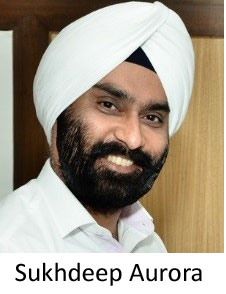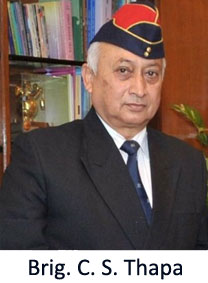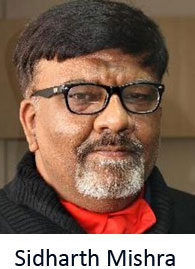The importance of gender diversity in the workplace is a pretty well-accepted fact now. While more and more companies are addressing the need to bridge the gender gap in their respective businesses, there are many instances where gender diversity has remained a ‘buzzword’ with only nominal lip-service paid to the urgent and current need for a diversified workforce.
India Inc., at certain functions and levels, still remains less than accepting of women at the workplace. Successful women are still an exception rather than the norm as they continue to struggle with the chauvinist thinking that has moved out of Indian homes and society and into our workplaces. To say this may be politically incorrect but if the ugly truth is not bared, there cannot be progress.
That is not to say that some positively seminal progress has not been made. Many India-based MNCs adopting their global entity’s gender diversity norms, as well as quite a few leading consultancies and technology firms, are actually the flagbearers of gender diversity in Indian workplaces.




